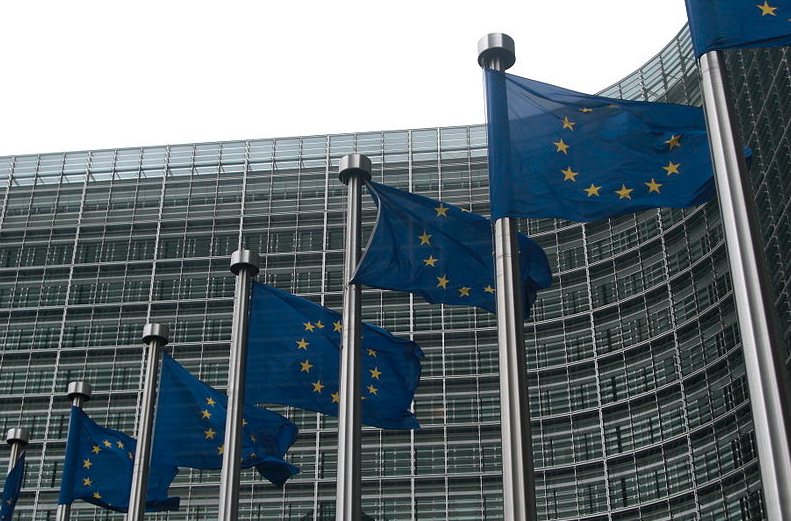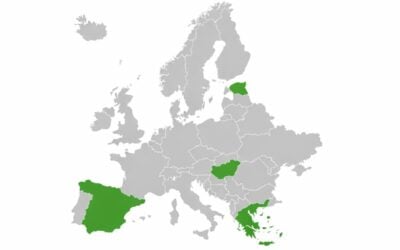
The European Commission has given the go-ahead to a €150 million (US$160 million) state aid scheme for renewable energy and energy storage in Slovenia.
The executive arm of the European Union (EU) approved the direct grant programme under the State Aid Temporary Crisis and Transition Framework, adopted in March this year to support sectors which are key to the energy transition.
The scheme will see grants of up to €25 million per beneficiary though the full details of the decision will only be made available “once any confidentiality issues have been resolved”.
The announcement said the money will “accelerate the deployment of investments in renewable energy production and energy storage, with the aim to foster the transition to a net-zero economy”, including heat.
Try Premium for just $1
- Full premium access for the first month at only $1
- Converts to an annual rate after 30 days unless cancelled
- Cancel anytime during the trial period
Premium Benefits
- Expert industry analysis and interviews
- Digital access to PV Tech Power journal
- Exclusive event discounts
Or get the full Premium subscription right away
Or continue reading this article for free
The money will be granted no later than 31 December, 2025, it added.
While this particular scheme in Slovenia is through the Temporary Crisis and Transition Framework, other similar schemes supporting energy storage have been under the Recovery and Resilience Plan, which was created to mitigate the negative economic effects of the Covid-19 pandemic.
Romania, Finland and Greece‘s use of the latter to fund market-wide energy storage investments have been approved by the EU, as reported by Energy-Storage.news, while Croatia and Estonia are also funding projects (though potentially from other programmes).
A few grid-scale battery storage projects are already underway in Slovenia, including two units totalling 60MW co-located with a run-of-river hydroelectric plant, as well as a new pumped hydro energy storage (PHES) system from utility DEM.
The country is also trialling a cross-border grid synchronisation programme using 50MWh of battery storage with neighbouring Croatia, in a project which is also partially EU-funded.
Energy-Storage.news’ publisher Solar Media will host the inaugural Energy Storage Summit Central Eastern Europe on 26-27 September this year. This event will bring together the region’s leading investors, policymakers, developers, utilities, energy buyers and service providers all in one place, as the region readies itself for storage to take off. Visit theofficial site for more info.





